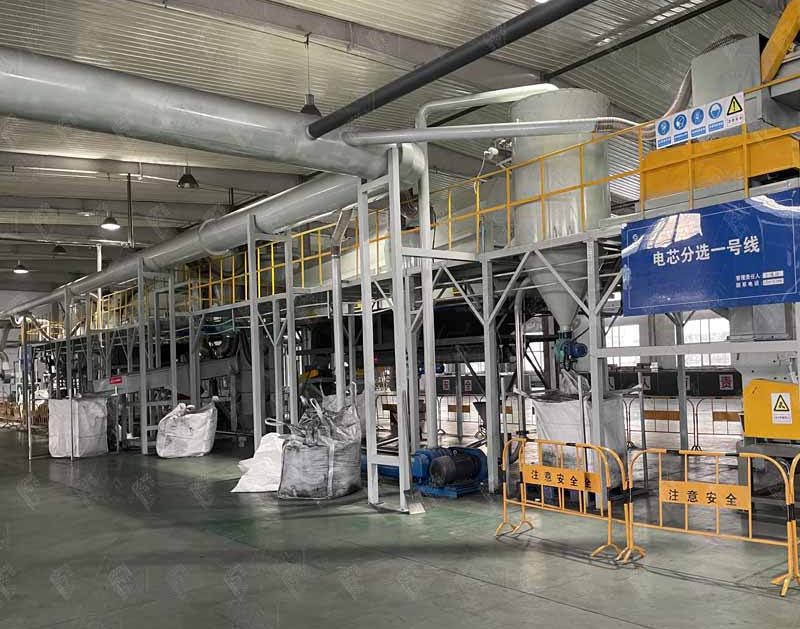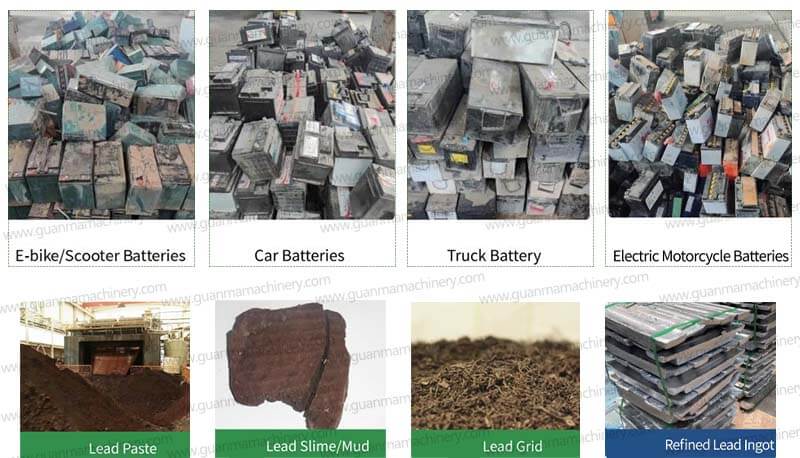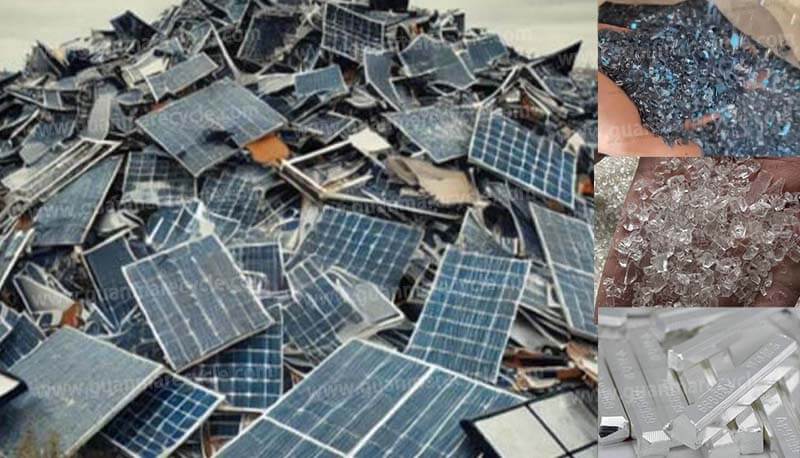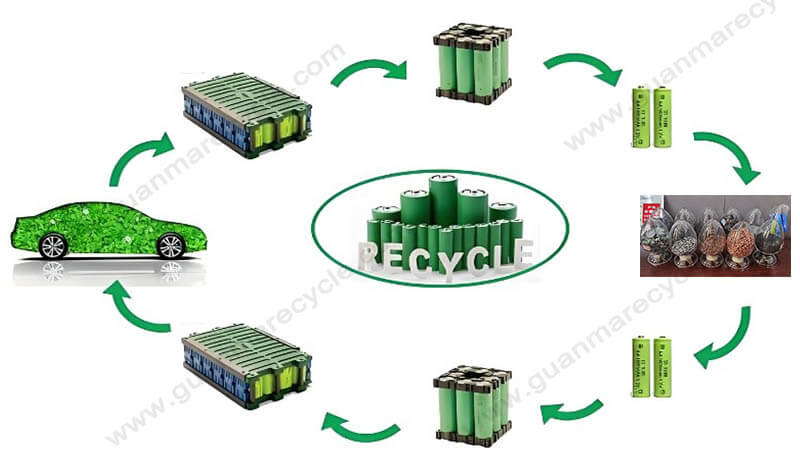The EV battery recycling business is emerging as a crucial sector to address environmental concerns, resource shortages, and the growing number of batteries that need to be recycled.
What is EV Battery Recycling?
EV battery recycling refers to the process of collecting, dismantling, and reprocessing spent electric vehicle batteries to extract valuable materials, such as lithium, cobalt, nickel, and other critical metals.
The recycling process not only conserves valuable resources but also helps in reducing pollution, especially since many EV batteries contain hazardous materials that could pose risks to the environment if improperly disposed of.
The Process of EV Battery Recycling
EV battery recycling involves several stages:
Collection and Transportation The first step in the recycling process is the collection of used or spent EV batteries. This can be done by EV owners, manufacturers, or through third-party recycling companies that specialize in battery collection. Once collected, the batteries are transported to recycling facilities.
Dismantling Once at the recycling plant, the batteries are carefully dismantled. This process involves removing the battery pack from the EV and separating the individual cells. The cells are then further broken down to extract the valuable metals.

Shredding After dismantling, the battery cells undergo shredding, where they are broken down into smaller pieces. This process helps in the extraction of valuable materials like lithium, cobalt, and nickel.
Material Extraction The shredded material is then processed using different techniques such as mechanical separation, chemical extraction, and hydrometallurgical processes. These processes help separate valuable metals from other materials, ensuring that they can be reused in new batteries or other applications.
Purification Once the metals have been extracted, they undergo purification to remove any impurities. This ensures that the metals meet the necessary standards for reuse in new batteries.
Recycling and Repurposing The final step involves recycling the purified metals for use in the production of new batteries, ensuring that they are reintroduced into the supply chain. Some companies also repurpose used batteries for secondary applications, such as energy storage solutions.
The EV battery recycling business is rapidly gaining importance as the world shifts toward electric vehicles. By addressing environmental concerns, resource shortages, and the need for sustainable solutions, this industry plays a crucial role in building a greener, more sustainable future.



